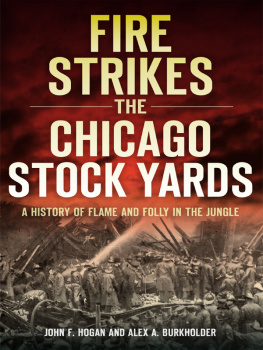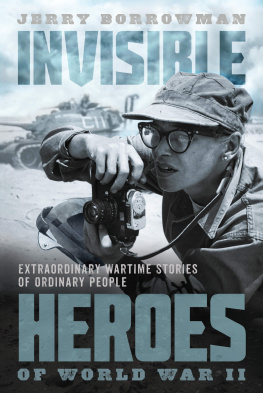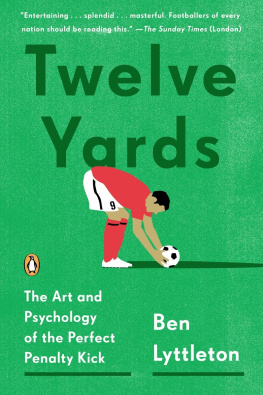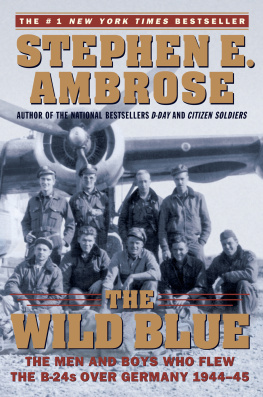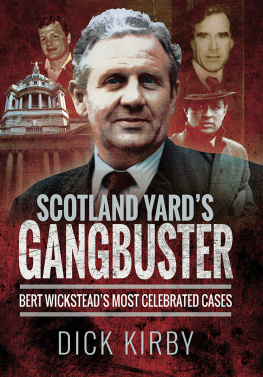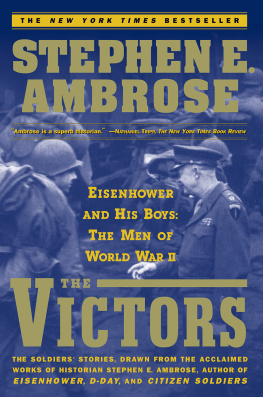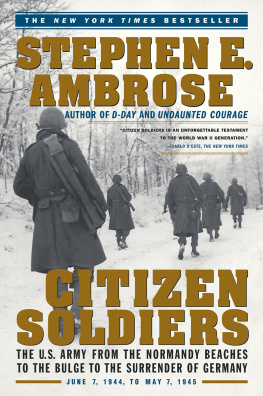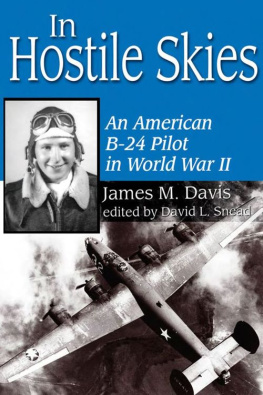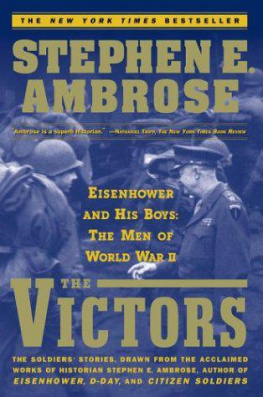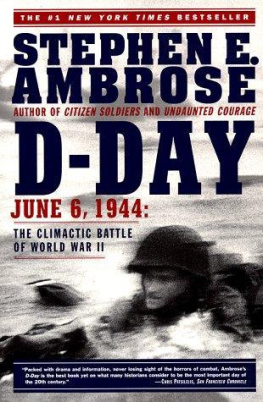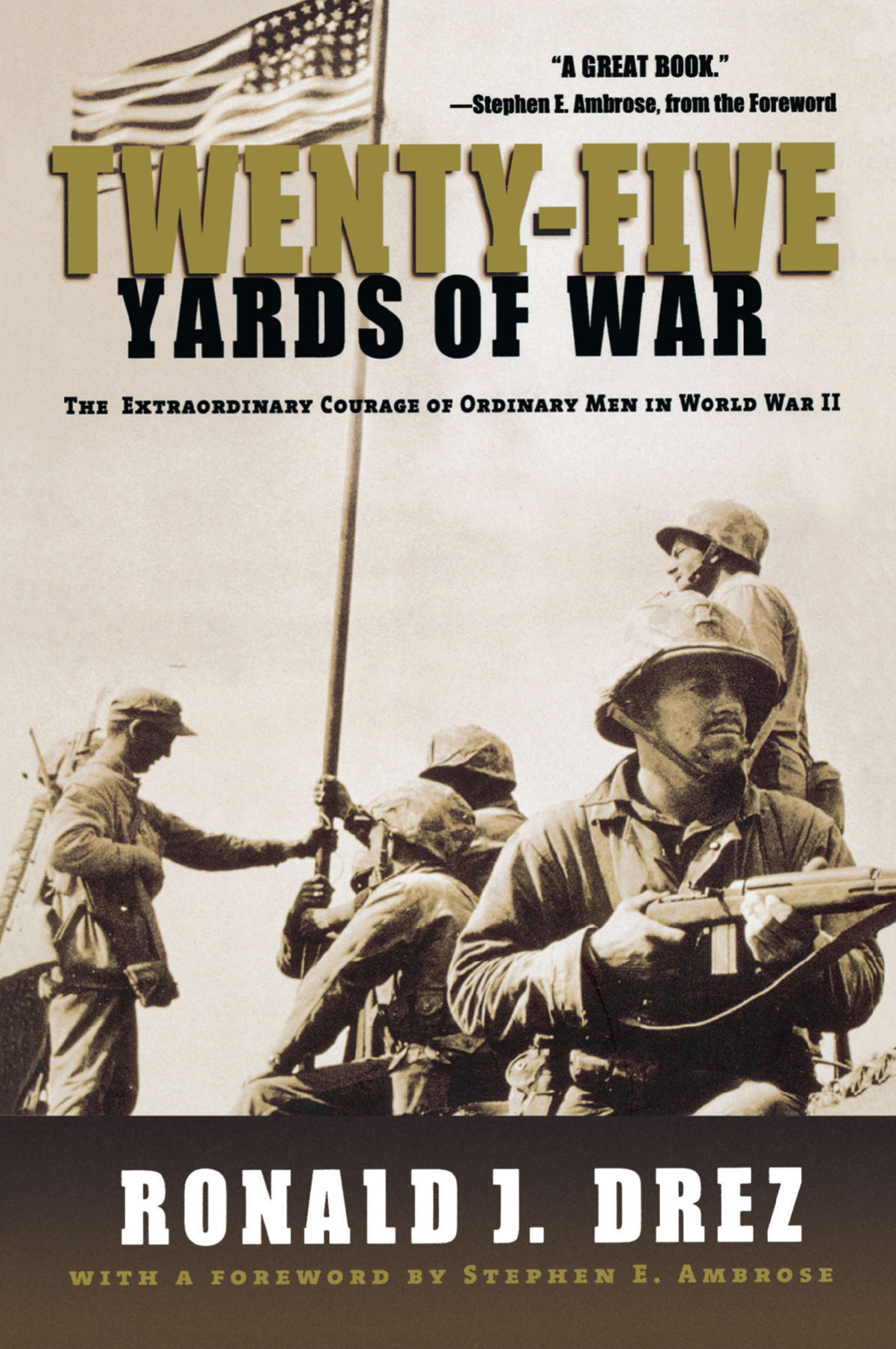Copyright 2001 by Ronald J. Drez
Cover photograph U.S. Navy/Lou Lowery/Hulton Archive
Hachette Book Group supports the right to free expression and the value of copyright. The purpose of copyright is to encourage writers and artists to produce the creative works that enrich our culture.
The scanning, uploading, and distribution of this book without permission is a theft of the authors intellectual property. If you would like permission to use material from the book (other than for review purposes), please contact permissions@hbgusa.com. Thank you for your support of the authors rights.
Hachette Books is a division of Hachette Book Group, Inc.
The Hachette Books name and logo are trademarks of Hachette Book Group, Inc.
The publisher is not responsible for websites (or their content) that are not owned by the publisher.
I am especially grateful to the veterans featured in this book for granting me their interviews and sharing their stories. Their heroism and devotion to duty is an American heritage. Their leadership, patriotism, and selflessness should be taught in every school, and any search for role models should end here.
I am indebted to Dr. Stephen E. Ambrose, who has been my friend and mentor for twenty years. His example and inspiration challenged me to attempt this book, and he encouraged and delighted in every word. In the years that I served as his assistant director at the Eisenhower Center and we tracked down the veterans and walked the battlefields, he taught me every step of the way.
Perhaps most important was the enthusiasm of Dr. Douglas Brinkley, the able successor to Stephen Ambrose as director of the Eisenhower Center, who read the manuscript and introduced it to Hyperion. His belief and encouragement were most appreciated and deserve my heartfelt thanks.
My editor, Leigh Haber, has been a professional joy and a champion of the manuscript. Her selection of the title was brilliant and her additions and erasures have enhanced the final work.
Leighs assistant, Cassie Mayer, has handled details and communications flawlessly. She has made an enormous contribution, along with the Hyperion staff, to an excellent production.
My wife, Judy, has been a partner in this work as well as in every aspect of my life. Over the years, she has joined me in meeting the veterans and hearing their stories. She has delighted in their company and provided grace and a wonderful presence during interviews, at social events, and even when walking their battlefields. A more gracious, loving person does not exist.
My four children, Ronald, Jr., Kevin, Diane, and Craig, have reveled in meeting the veterans and being willing assistants at interviews, meetings, and recording sessions. They have been witnesses to history. I can give them no finer gift.
A final thank-you to all who read these stories. It is through you that our history and heritage will be forever preserved.
I n September 1982, Ron Drez arrived twenty minutes late to my seminar, where we would meet for the first time. The seminar was on the Eisenhower Administration and life in general in the 1950s. As he was leaving at the end of the class, he stopped to apologize to me for his tardiness. He explained he was a businessman and had to complete his work for the day. I said, You are a businessman and youre going for a Masters degree in History? He said yes. I said he could be late any time.
There was a spark in that meeting. Instantly, we knew that a deep friendship had begun. We were so different yet so alike. Ron was forty-two years old. I was forty-six. He was a former marine company commander in Vietnam. I had been opposed to the war. He was Tulane, I was University of Wisconsin.
What we shared was more important. We were fascinated by history. We wanted to know what happened, and try to figure out why. We had a respect for the men of World War II that impelled us to talk to them, read memoirs or books, talk to members of the unit, and gather and preserve their experiences.
That is what we do. That also started at our next meeting. Ron said he wanted to write about the life of Jack Nicklaus as his Masters thesis topic. I waved that away and steered him toward his experiences during the Vietnam War, then handed him some documents Id just received about Khe Sanh and told him that there was his thesiswhat happened at Khe Sanh.
He did the work. He turned out a solid result. I was so pleased and impressed that I hired him as Assistant Director of the Eisenhower Center. It was part-time, in pay at least, but almost full time with Ron. He went to reunions all over the country of World War II units, whatever service. He explained who he was, why he was there, and when the word got out that a rifle company commander from Vietnam wanted to interview them about their war, the men descended on Ron. He was interviewing veterans of D-Day in Normandy. All on tape. We would have student workers to transcribe the tapes and the interview would go to the Eisenhower Center Archives. I drew from that archive much of the material I used in my own book on D-Day, while Ron edited a script with the perfect title, Voices of D-Day. It was published by Louisiana State University Press, to flattering reviews and continuing sales. It is often cited and frequently quoted.
In the seven years after the D-Day anniversary, Ron has broadened his reach. He began interviewing Vietnam War veterans, especially those from Khe Sanh. And then he got going with World War II veterans on their warwhat it was like, how it felt for them. All of those interviews are in the Archives. What he gives us here is the best of them.
For Drez and myself, our friendship has grown. In 1989 Ron and his wife, Judy, came to Normandy and my wife Moira and I guided them around for a week. Also in 1989 Ron and I taught a course on the Vietnam War. He had fought in it. I had worked to shut it down. He lectured the first hour, I did the second. His subject was the war, how it was fought, why it was lost. Mine was the politics of the war, how it fit into the policies of the Cold War, and how it almost tore America apart at home. The auditorium was full, with students sitting in the aisles or standing at the back. Not one of them ever moved, at least in my memory. It was mesmerizing, for them and for us. I learned, Ron learned. It was one of my best teaching experiences, ever. At the end, to sustained standing applause, the Marine and the Professor embraced.
In the years since that occasion, Ron has started leading tours of battlefields in Europe and America, covering World War II and the Civil War. The participants in the tours cannot find the words to express how much they like him: He knows so much, is so enthusiastic, speaks with quiet authority but offers loud opinions, never tires, is eager to share what he knows with you, wants to learn. These qualities are also evident in his writing. In this field, Im the teacher, he is the pupil. Ive taught him something about pace, timing, organization, sticking to chronology, being always aware of his readers. He has added to what he has learned from the Professor and what he learned in Vietnam as a Marine in combat.


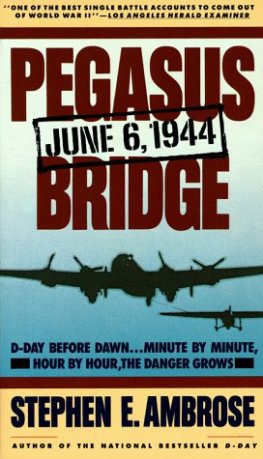
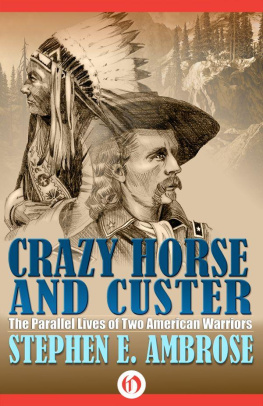
![Stephen Ambrose - Citizen Soldiers [Condensed]](/uploads/posts/book/457593/thumbs/stephen-ambrose-citizen-soldiers-condensed.jpg)
